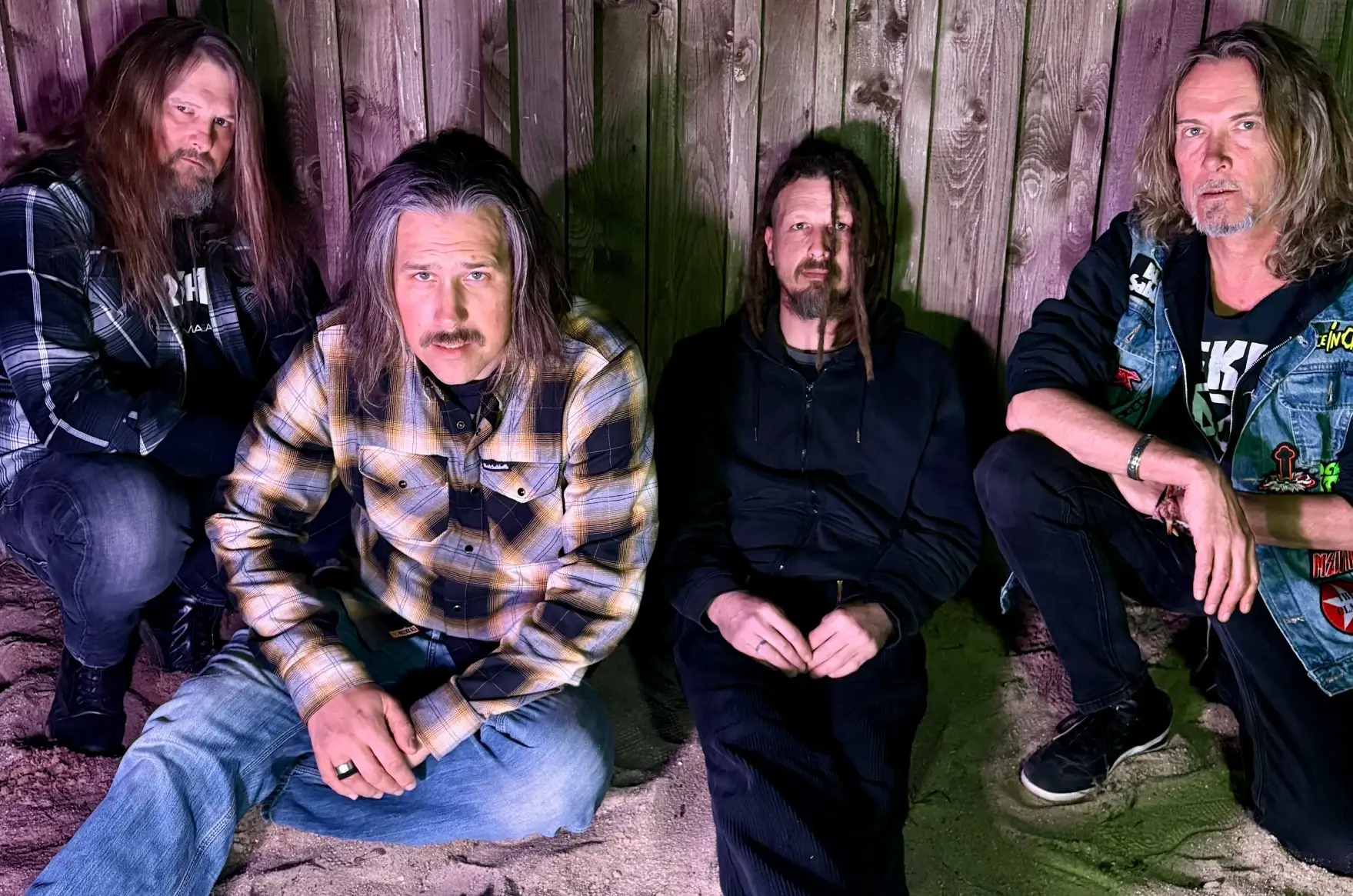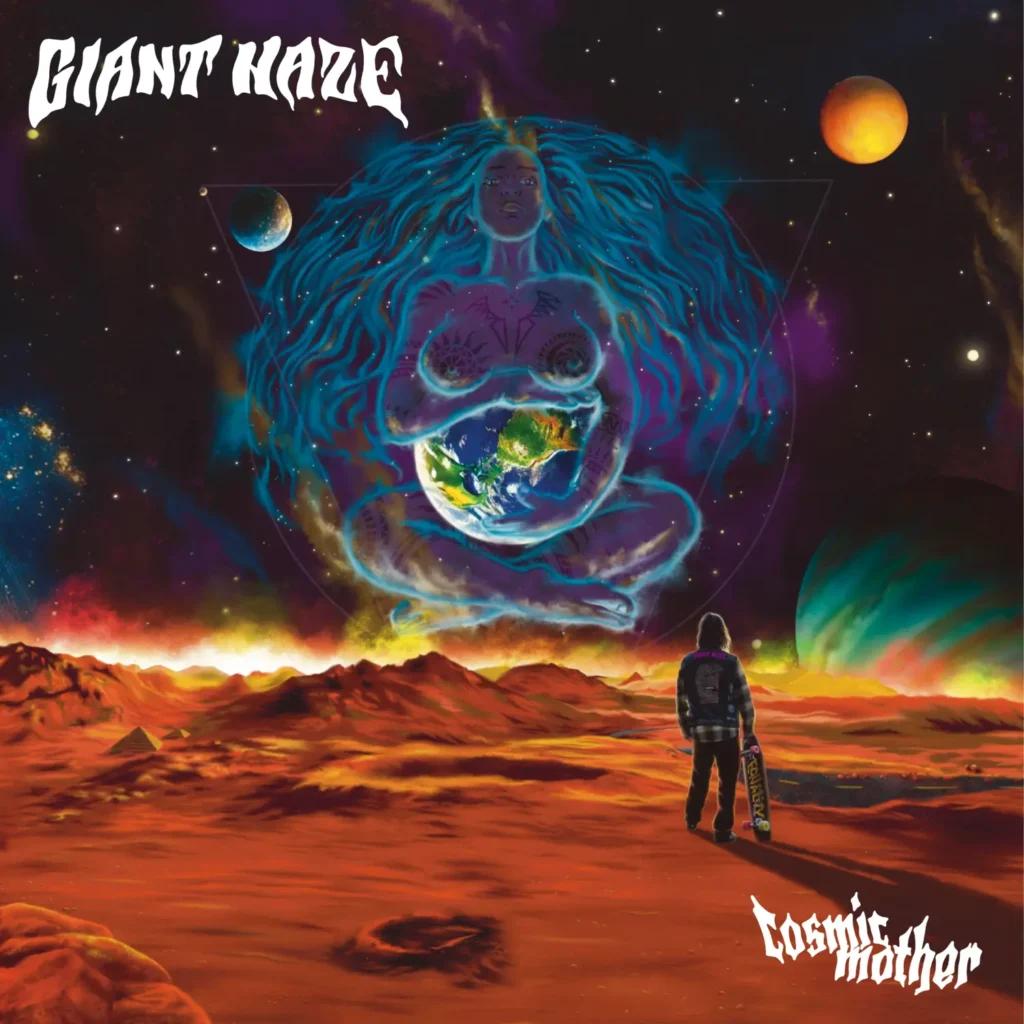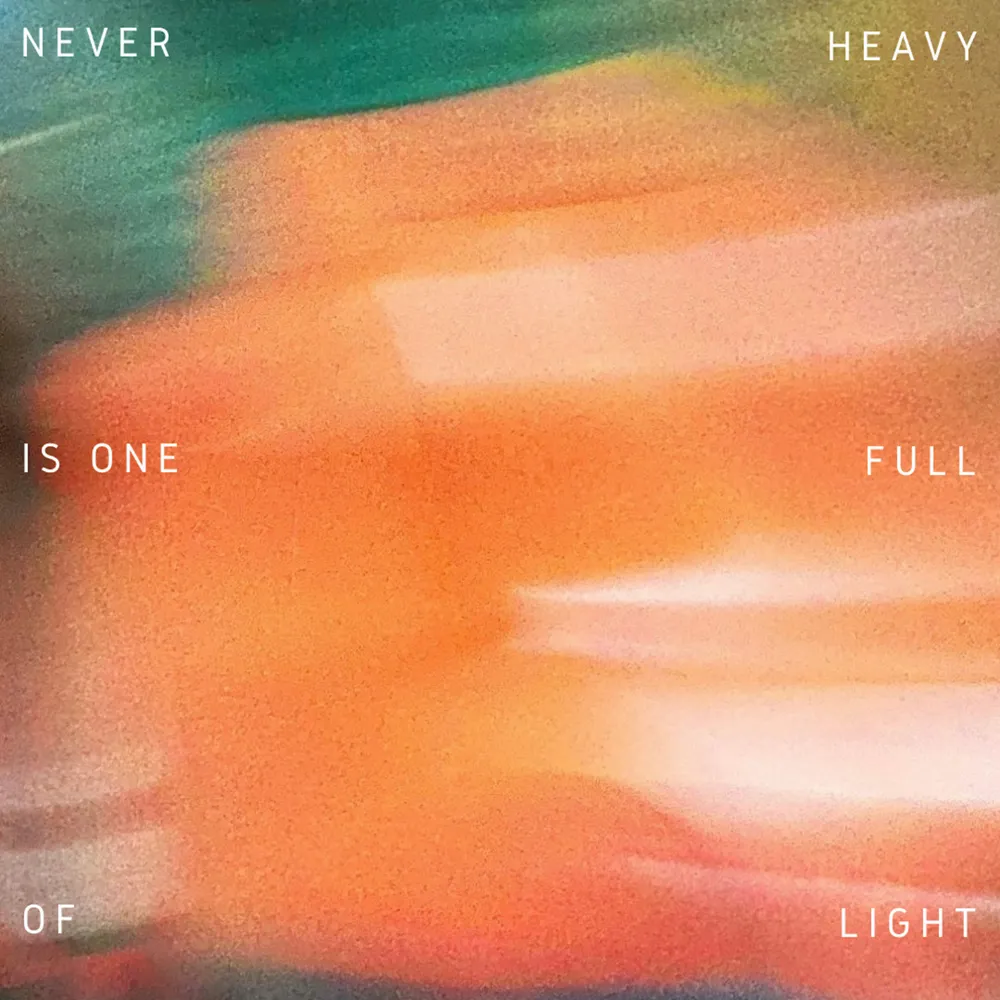There are two kinds of debut albums. The first kind is safe: a glorified LinkedIn profile set to music. Everything’s buffed smooth until it squeaks, the tracks so harmless they could sneak onto a playlist called Indie Sunrise Vibes and no one would notice. It’s music as networking; polite handshake, nervous smile, please don’t rock the boat.And then there’s the second kind. The kind that doesn’t knock. Rather, it kicks the door off its hinges, floods the room with smoke, and dares you to breathe. The guitars don’t shimmer; they snarl. The grooves don’t hum politely; they slam forward like a freight train.
Giant Haze’s debut, Cosmic Mother, falls firmly into that second category. From the very first notes, the band signals that this isn’t an album engineered to please algorithms or ease its way into background listening. It’s an unapologetically heavy, smoke-drenched declaration of intent, the kind of record that plants a flag and dares you to follow it into the haze.

Cosmic Mother avoids the bells and whistles of modern rock recording. There’s no amp modeling, no sterile drum triggers, no digital scaffolding propping up the sound. Instead, the record feels tactile and lived-in, like a rehearsal session that’s been sharpened into a weapon. You hear amplifiers growling, drums that thump with actual air moving in a room, and guitars that feel heavy not because of digital trickery but because they were played that way. The result is an album that doesn’t sound like it’s chasing trends; it sounds like it was born from the sheer will of a band determined to carve their own sound into the stone.
From the start, this album doesn’t feel like it was designed to please anybody in particular. It feels like a dare, or maybe a threat. The opening trio alone of “Geographic Gardens Suck,” “King of Tomorrow,” and “Yard of Oblivion” make that clear fast. They’re not just strong openers; they’re the sort of songs that practically shove you into the record and slam the door shut behind you. “Geographic Gardens Suck” is abrasive in the best way, a song that makes you ask whether the riff is assaulting you or baptizing you. “King of Tomorrow” doubles down with a kind of swaggering doom-groove, while “Yard of Oblivion” goes all in on atmosphere, like the sound of a storm rolling across an endless desert. Taken together, the first three tracks set the tone: Cosmic Mother is not here to flirt. It’s here to drag you into the fuzz and see if you can handle it.
The band’s influences are apparent; from stoner rock titans like Kyuss and Fu Manchu, the horror-punk edge of the Misfits, and a grunge simplicity that cuts through all the haze. But here’s the trick: Giant Haze doesn’t sound like a cover band. They sound like a group who knows the DNA they’re working with, but also knows how to splice it into something modern. The riffs are hypnotic, circling until you’re half-tranced, but the choruses arrive like sudden punches to the jaw. It’s groove-heavy, yes, but also surprisingly hooky.
The recording process plays a huge role in why this works. Mother was deliberately captured live, with drums and bass knocked out in a single day. No amp modeling, no drum triggers, no digital training wheels; just the sound of musicians in a room, sweating it out together. That decision pays off big time. You can hear the room in these songs. You can hear the imperfections, the little slips, the raw energy that gets lost when you AutoTune the soul out of everything. It’s a record that plays out in the way only real instruments can.
Now, about the theatrical streak. This is where things get really interesting, because Giant Haze doesn’t just churn out riffs; they stage them. There’s a drama to these songs that recalls the more theatrical side of Ghost. No, they’re not donning corpse paint or papal robes, but the DNA is there. “From Another World,” for instance, isn’t just heavy; it’s cinematic. The riffs crash like curtains parting, the vocals rise like a sermon, and the production swells with a sense of ritual. Similarly, “1000 Tons of Stone” feels like an anthem built for some shadowy cathedral of fuzz, towering in its scale but still catchy enough to hum under your breath. Giant Haze understands something a lot of heavy bands forget: that rock, at its best, is theater. It’s not just a sound, it’s an experience.
And then there’s “A Smile For The Dead.” If there’s a track destined to become a live staple, it’s this one. Equal parts menacing and oddly triumphant, it closes the album with the sense that you’ve been dragged through the dust, wrung out by the riffs, and then oddly enough, blessed. It’s the rare closer that doesn’t just end the album; it feels like the whole thing collapsing in on itself, leaving behind smoke and ringing ears.
What makes Cosmic Mother so compelling is its refusal to compromise. In an era when debut albums often feel like carefully engineered portfolios, this one feels like an unfiltered exorcism. It’s not perfect, and that’s the point. It’s heavy, it’s sweaty, it’s sometimes messy, but it’s alive. And in the overcrowded landscape of modern heavy music, “alive” is a rare quality. By the time the last notes fade, Giant Haze’s message is unmistakable: they’re not here to play nice. Cosmic Mother isn’t just a debut, it’s a ritual; equal parts desert fuzz and theatrical spectacle. No smoothing the edges, no polite nod to the algorithm. If most debuts are handshakes, this is a clenched fist. Giant Haze’s Cosmic Mother is loud, unflinching, and impossible to ignore. It doesn’t ask to be background noise; it crashes down like a wall of sound and dares you to crawl out from under it.
Follow Giant Haze
Promoted Content
About the Author

A tenured media critic known working as a ghost writer, freelance critic for publications in the US and former lead writer of Atop The Treehouse. Reviews music, film and TV shows for media aggregators.






